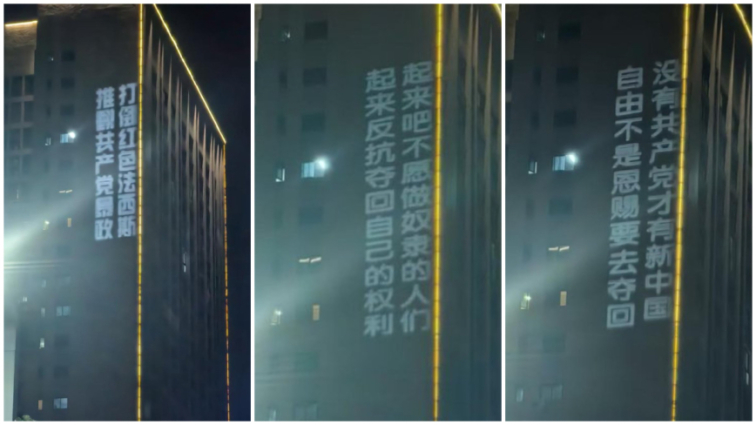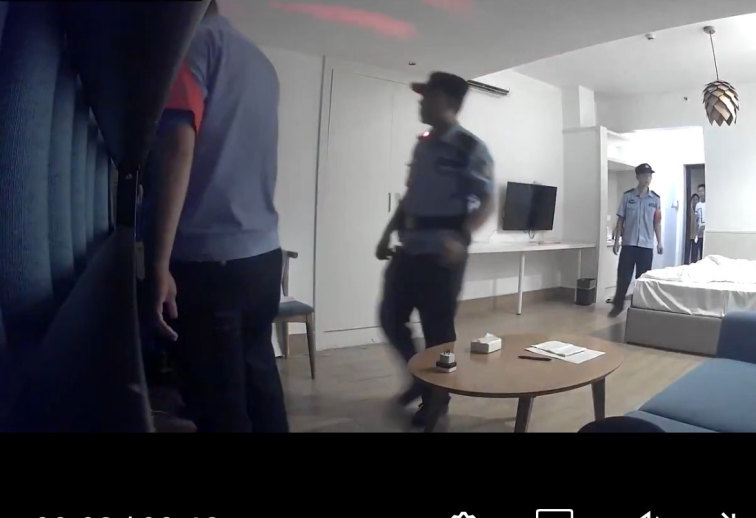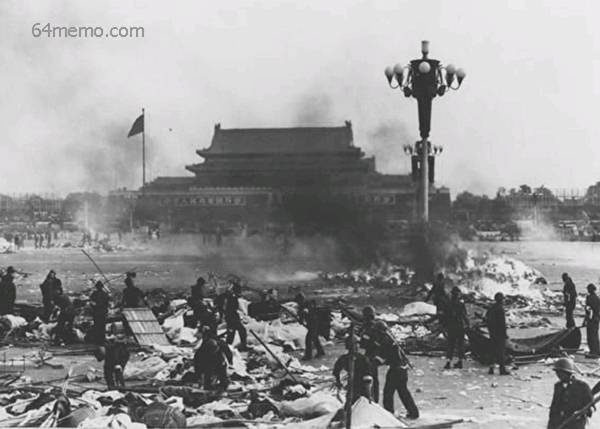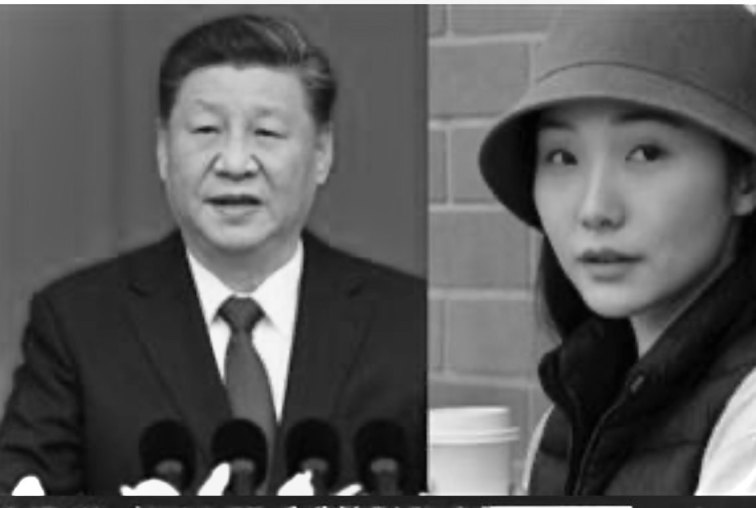With just a week remaining until the September 3 parade, reports from overseas X platforms have surfaced indicating that some Chinese veterans intend to take action against thieves during the event. (Network screenshot)
[People News] The military parade in Beijing on September 3 is a significant event for the Chinese Communist Party (CCP). The CCP initially aimed to leverage this occasion for extensive external propaganda; however, things did not unfold as expected, leading to four miscalculations that left the CCP in a state of embarrassment.
Despite facing a prolonged economic downturn and financial constraints, the CCP is investing heavily in the military parade to showcase its weaponry, convey its stance of 'preparedness without war,' and assert to the international community and Taiwan that 'China is not warlike but is not afraid of war,' promoting its so-called 'love for peace.'
However, following the onset of the Russia-Ukraine war and the Israel-Palestine conflict, Western nations have observed that the CCP has not aligned its sanctions against Russia with those imposed by the West. Instead, it has been providing covert and indirect support to Russia and armed groups like Hamas in various economic and military technological ways. This behaviour reveals that the CCP's professed support for a ceasefire and advocacy for 'peace' is merely superficial, with its true intentions running counter to the concept of 'peace.' Consequently, the CCP has been excluded from the negotiations surrounding a ceasefire in the Russia-Ukraine conflict.
During the Beijing military parade on September 3, leaders from Western countries collectively declined the CCP's invitation, with only 26 heads of state from Asia, Africa, and Latin America agreeing to attend. The absence of Western leaders at the Beijing parade underscores their recognition of the CCP's facade of 'loving peace' and their unwillingness to support the CCP for economic gain. This marks the first miscalculation for the CCP.
The refusal of all Western leaders to attend the military parade in Beijing forced the Chinese Communist Party (CCP) to position Russian President Vladimir Putin and North Korean leader Kim Jong-un in the first and second spots.
According to Taiwan's 'Shang Bao', which cited sources from Beijing on August 28, the CCP's foreign affairs department initially believed that North Korea, grappling with economic hardships and suffering substantial troop losses from its involvement in the Ukraine conflict, would likely send only Kim Jong-un's representative, Choe Ryong-hae, the General Secretary of the Workers' Party of Korea, to the event. However, Kim Jong-un unexpectedly agreed to attend in person. Consequently, the gathering of Russia, which instigated the war in Ukraine, Iran, a source of instability in the Middle East, and North Korea, which poses a threat to the Korean Peninsula, along with the CCP's threats to the first island chain, has resulted in these four nations being showcased together, thereby intensifying the international community's negative view of the 'Axis of Evil' (CRINK). This has led to the failure of the CCP's strategy to project a peaceful image through the military parade, marking the CCP's third miscalculation.
Furthermore, the refusal of newly elected South Korean President Lee Jae-myung to attend the military parade represents the CCP's fourth miscalculation. The CCP has consistently supported Lee Jae-myung in public discourse, and he is perceived as a pro-China politician by many. However, after receiving the CCP's invitation, Lee Jae-myung's response was ambiguous, ultimately sending only National Assembly Speaker Yoo Won-sik as his representative to the parade, which left Beijing both surprised and dissatisfied.
Additionally, during the South Korean presidential election, Li Zaiming was viewed by the media as making 'pro-China' statements, and the Chinese Communist Party (CCP) media expressed support for him through propaganda, indicating a tendency to back him. However, Li Zaiming recently announced that he would no longer pursue the strategy of 'security relying on the United States and economy relying on China,' which has attracted international attention. This statement effectively doused the CCP's hopes, prompting the Ministry of Foreign Affairs to respond cautiously, and the party media quickly refrained from making reckless comments.
In retaliation, the CCP, feeling resentful, intentionally elevated Kim Jong-un's status, ranking him second among all heads of state. This move, however, revealed the CCP's awkward position of being sidelined by Western nations on the global stage.
Li Zaiming's decision to abandon the 'security relying on the United States and economy relying on China' strategy suggests that upon taking office, he recognised the urgent need for South Korea to strengthen its economic and security ties with the United States. Thus, he must signal a distancing from the CCP and a closer alignment with the U.S. Furthermore, it is possible that Li Zaiming has observed that Kim Jong-un, the CCP's ally, is no longer as compliant with the CCP's directives as he once was. The CCP's influence over North Korea has significantly diminished, especially following the outbreak of the Russia-Ukraine war, as Kim has moved closer to Putin. Consequently, Li Zaiming does not need to alienate the United States or compromise his own position to appease the CCP.
In conclusion, the CCP aimed to showcase a grand external propaganda effort through the military parade in Beijing, but these miscalculations have left the CCP embarrassed, reflecting the waning of its influence.
(First published in People News) △










News magazine bootstrap themes!
I like this themes, fast loading and look profesional
Thank you Carlos!
You're welcome!
Please support me with give positive rating!
Yes Sure!